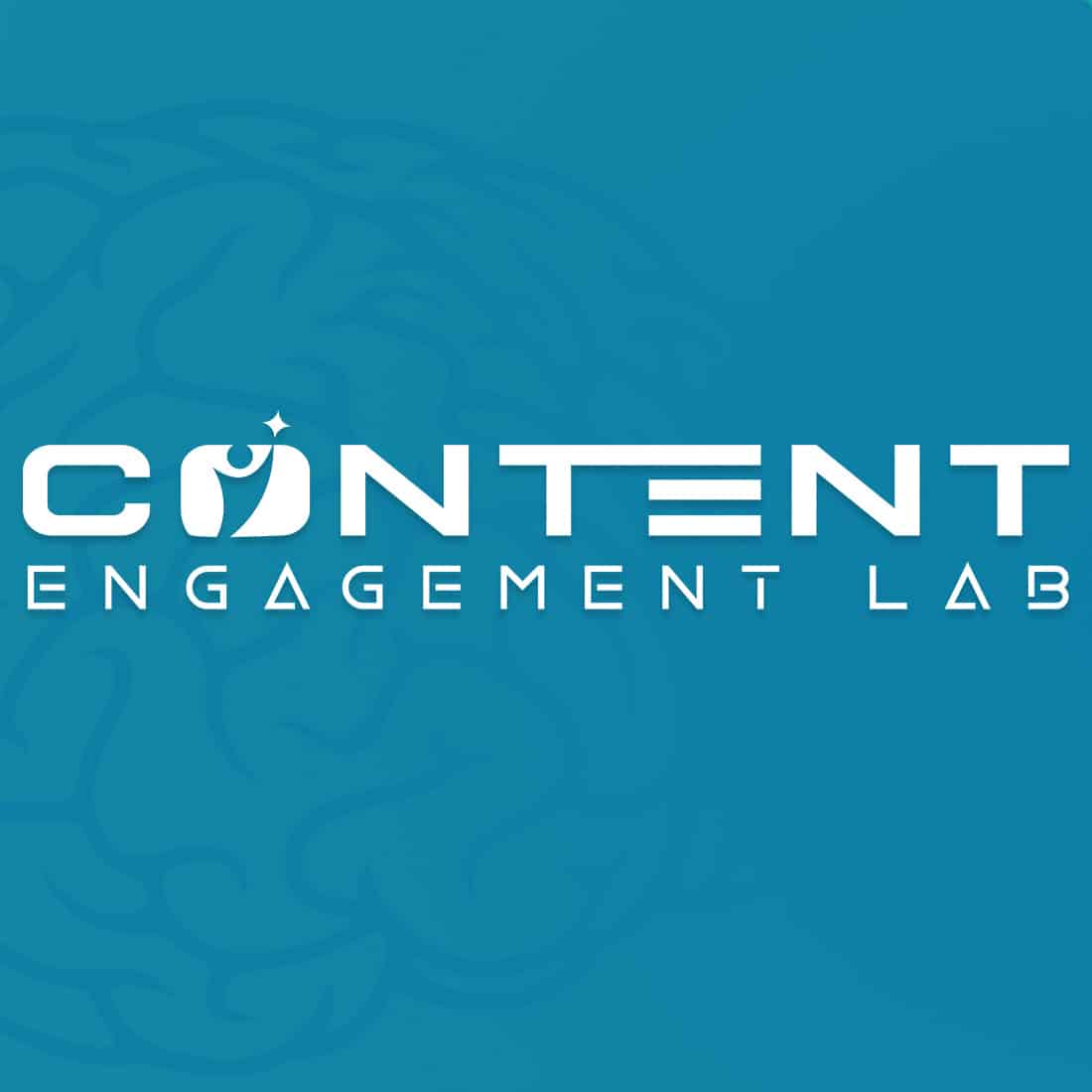Tasked to…
Grow sales, increase customer happiness, maximize efficiencies, or reduce costs in 2025?
We need to talk!
Strategic Planning for 2025
In today’s fast-paced business environment, strategic planning is more crucial than ever. As we look towards 2025, having a well-structured plan or an external review can make a significant difference in achieving your business goals. Here’s why strategic planning is essential for your success.
Alignment Across Levels
Ensure that your corporate goals seamlessly cascade down to business units, functional departments, and operations. This alignment fosters a unified direction and enhances overall organizational efficiency.
Customer Focus
Develop strategies that are deeply rooted in understanding customer needs, expectations, and behaviors. A customer-centric approach can drive loyalty and increase market share.
Technology Leverage
Incorporate digital tools and innovative opportunities into your strategic plans to stay ahead of the competition. Embracing technology can lead to transformative growth and operational excellence.
Risk Mitigation
Integrate scenario planning and risk management into your strategic considerations to safeguard against potential threats. Proactive risk management ensures resilience and long-term stability.
Strategic Planning Areas
Corporate Strategic Planning
Purpose: Focuses on overall direction and long-term goals of the entire organization.
Scope: Examines portfolio management, diversification, mergers & acquisitions, and market entry or exit strategies.
Key Questions:
What industries or markets should the company compete in?
What is the company’s long-term vision and mission?
Business Unit Strategic Planning
Purpose: Targets specific divisions or business units within a company to ensure they align with corporate strategy.
Scope: Develops competitive strategies, defines growth opportunities, and addresses specific challenges.
Key Questions:
How can the business unit achieve a competitive advantage?
What are its revenue and market share targets?
Functional Strategic Planning
Purpose: Focuses on individual departments (e.g., marketing, operations, finance) to align their goals with broader business objectives.
Scope: Details tactical plans for functions like supply chain efficiency, marketing campaigns, or talent acquisition.
Key Questions:
How can the department contribute to overall strategy?
What resources and capabilities are needed?
Growth Strategic Planning
Purpose: Aims to identify opportunities for expanding the business.
Scope: Includes organic growth (new products, services, or markets) and inorganic growth (acquisitions or partnerships).
Key Questions:
What new markets or customer segments should we target?
How can we innovate or expand our offerings?
Operational Strategic Planning
Purpose: Ensures day-to-day operations align with long-term goals.
Scope: Optimizes processes, reduces costs, and enhances efficiency.
Key Questions:
How can operational excellence support strategic goals?
What technologies or processes can improve efficiency?
Financial Strategic Planning
Purpose: Aligns financial goals with business objectives, ensuring resource allocation supports strategy.
Scope: Includes budgeting, capital investments, cost management, and funding strategies.
Key Questions:
How can we ensure financial stability while pursuing growth?
Where should we allocate resources for maximum ROI?
Scenario Planning
Purpose: Prepares the business for potential future changes or disruptions.
Scope: Develops contingency plans for best-case, worst-case, and most-likely scenarios.
Key Questions:
What risks or uncertainties could impact our goals?
How should we respond to market, regulatory, or technological changes?
Innovation Strategic Planning
Purpose: Drives development of new products, services, or business models to stay competitive.
Scope: Focuses on R&D investment, technology adoption, and creative problem-solving.
Key Questions:
How can we foster a culture of innovation?
What emerging trends should we leverage?
Succession and Workforce Planning
Purpose: Ensures the organization has the right leadership and talent for the future.
Scope: Identifies leadership gaps, develops internal talent pipelines, and plans for transitions.
Key Questions:
Who will lead the company in the next 5-10 years?
What skills or roles are critical for future success?
Digital Transformation Planning
Purpose: Helps the business leverage technology to modernize operations and enhance customer experience.
Scope: Includes technology adoption, automation, data analytics, and digital marketing strategies.
Key Questions:
How can digital tools improve business efficiency and customer engagement?
What technology investments are necessary?
Risk Management and Crisis Planning
Purpose: Prepares the business to handle risks or unexpected challenges.
Scope: Focuses on identifying risks, creating mitigation strategies, and ensuring business continuity.
Key Questions:
What are the biggest threats to our operations?
How can we maintain resilience in crises?
Customer-Centric Strategic Planning
Purpose: Aligns the business to meet evolving customer needs and expectations.
Scope: Enhances customer experience, loyalty, and retention.
Key Questions:
What do our customers value most?
How can we exceed customer expectations?
Sustainability and ESG
Purpose: Focuses on long-term sustainability and ethical governance.
Scope: Includes reducing environmental impact, fostering social responsibility, and improving corporate governance.
Key Questions:
How can we reduce our carbon footprint?
What initiatives enhance our social and governance practices?
Exit and Transition Planning
Purpose: Prepares the business for an ownership change, sale, or merger.
Scope: Includes valuations, succession plans, and stakeholder communication.
Key Questions:
How do we maximize value for shareholders?
What is the best timeline for an exit?

We are the premier marketing, advertising and sales consultancy.
Our mission:
We are committed to…
helping people, no matter what size the company, create multi-generational, business and personal legacies by achieving consistent sales and marketing breakthroughs.
What sets Content Engagement Lab apart from other marketing, advertising, and sales consultancies?
Three key things:
95%+ Client Retention
We have a long history of working with clients at every level—small, medium, and enterprise—for many years. That kind of retention speaks for itself: satisfied clients who trust us to drive results for their business. Whether it’s AI, search, paid ads, social media, or websites, we’ve got you covered. And we stay ahead of the curve, adjusting and optimizing based on your monthly needs.
Accountability
We don’t just run campaigns—we track everything. From project updates to campaign performance, we’re transparent with the numbers. You’ll see the calls, clicks, and closed deals generated by the work we do. It’s all visible, and it’s all accountable.
Resourceful Creativity
We don’t solve problems by throwing money at them. Instead, we take a strategic approach to identify your ideal customers and make more of them. Our talented team uses the right tools to deliver the right message at the right time, ensuring conversions and results.
Brands We’ve Worked On
























…oh and so many many more


